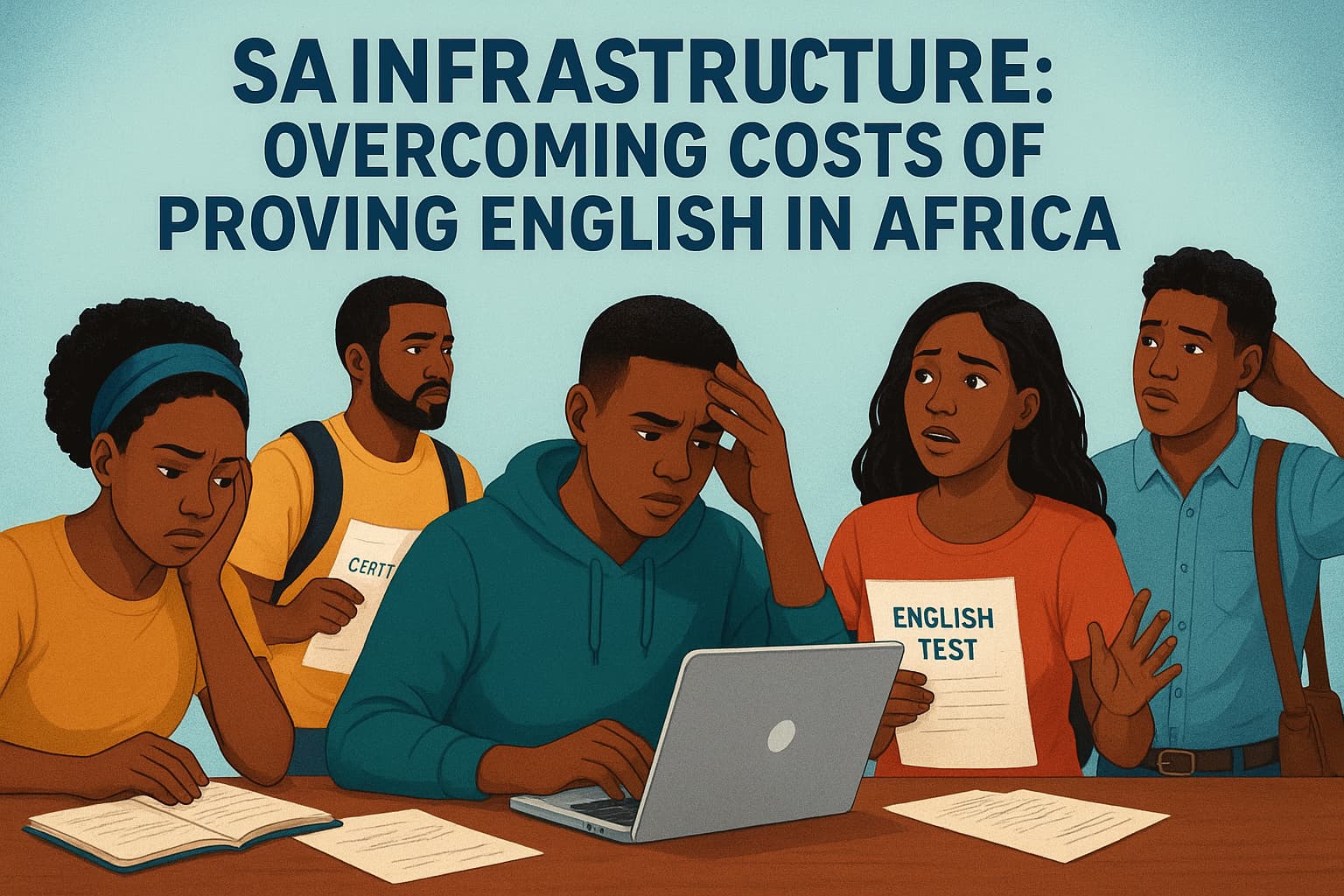Introduction
Gauteng Costsare facing unprecedented financial pressures in 2026. The provincial government plans to cut subsidies for over 600 quintile 5 public schools starting April, forcing wealthier schools to pass costs onto parents. At the same time, Eskom has signaled further electricity price increases, largely due to industrial discounts shifting the burden to households. These developments combine to create a “double squeeze” on middle- and upper-income families. Parents must now consider school fees, energy bills, and household budgeting more carefully than ever. Understanding these pressures is critical for planning finances in South Africa’s richest province.
Gauteng Costs: School Subsidy Cuts Explained
The subsidy reductions for quintile 5 schools directly affect middle- and upper-income families. These schools are usually wealthier institutions that receive minimal government support because they rely on parent contributions. From April 2026, these schools will see a decrease in state funding, meaning operational expenses such as teacher salaries, maintenance, and learning materials may increasingly fall on families. This translates into higher fees and fundraising demands. Parents must anticipate these changes and plan accordingly. Financial stress could grow, particularly in households with multiple children attending private or semi-private schools.
Gauteng Costs: Electricity Price Hikes and Household Impact
Eskom’s planned electricity increases will disproportionately affect households. While industrial and energy-intensive firms receive discounts, the cost shifts to ordinary consumers. Middle- and upper-income homes, which generally consume more power, will face larger bills. Rising electricity costs can significantly affect monthly budgets, especially when combined with other household expenses. Families may need to adopt energy-saving measures or adjust spending habits to cope with the higher costs.
Gauteng Costs: Combined Education and Energy Burden
The simultaneous increase in school fees and electricity bills creates a compounding financial burden. Parents in Gauteng now face the dual challenge of funding their children’s education while covering rising utility costs. Budgeting becomes more complex, and discretionary spending may be reduced. The combined pressures could also affect lifestyle decisions, including housing, transportation, and entertainment. Families are likely to feel the pinch throughout 2026 as both policy changes and utility adjustments take effect.
Gauteng Costs: Household Budgeting Challenges
With rising costs, careful household budgeting is essential. Parents should assess current spending, prioritize essential expenses, and identify areas for cost savings. Strategies may include cutting non-essential spending, negotiating flexible payment plans for school fees, and monitoring electricity usage more closely. Proactive financial planning will be key to mitigating the impact of these cost pressures. Households that fail to adapt could experience significant strain on their overall finances.
Gauteng Costs: Impact on Middle- and Upper-Income Families
The financial pressure is particularly acute for middle- and upper-income households. These families are most affected because they tend to send children to quintile 5 schools and use more electricity. While lower-income families may receive state support, wealthier households face the full brunt of subsidy cuts and utility hikes. The stress may affect family decisions regarding education, leisure, and savings, making it essential to anticipate and plan for these changes.
Gauteng Costs: Long-Term Implications for Education
Subsidy reductions may have lasting effects on the quality of education. Schools might need to increase fees to cover operational costs, potentially limiting access for some students. Teachers and staff could also face budget constraints that impact classroom resources. Parents will need to weigh financial capacity against educational priorities, possibly exploring alternative schools or supplementary funding options to maintain their children’s learning standards.
Gauteng Costs: Strategies for Coping with Energy Bills
Households can take practical steps to manage electricity costs. Simple measures such as switching to energy-efficient appliances, using solar heating, and reducing peak-time consumption can help. Monitoring electricity usage through smart meters and budgeting for anticipated increases will also be crucial. Families that adopt these strategies proactively can reduce the overall financial impact and better manage rising household expenses.
Gauteng Costs: Policy and Government Accountability
The government’s subsidy cuts and Eskom’s pricing decisions highlight broader policy challenges. Critics argue that cost shifts to households disproportionately affect wealthier families, while industrial consumers benefit. Transparency and communication are key to ensuring households understand the changes. Parents and residents can engage with local representatives to discuss impacts and advocate for measures to ease financial pressures.
Gauteng Costs: Financial Planning Tips for 2026
Effective financial planning can help households navigate these pressures. Parents should review school fee schedules early, set aside funds for electricity hikes, and explore flexible payment options. Creating a household budget that prioritizes essentials and minimizes non-critical spending will be critical. Seeking financial advice or joining parent associations may also provide support and guidance during this period of rising costs.
FAQs
Q1: How will Gauteng Costs affect school fees?
Gauteng Costs will likely increase fees at quintile 5 schools due to reduced government subsidies.
Q2: Will electricity hikes impact all households equally?
No, Gauteng Costs impact higher-consuming households more, particularly middle- and upper-income families.
Q3: How can families cope with rising Gauteng Costs?
Families can budget carefully, adopt energy-saving measures, and plan school payments proactively.
Conclusion
Gauteng Costs are set to challenge households in multiple ways. School subsidy cuts and rising electricity prices create financial pressure that affects budgeting, lifestyle, and education choices. Families must plan carefully, adopt energy-efficient practices, and anticipate fee increases to navigate 2026 successfully. Understanding these pressures is essential for maintaining financial stability in South Africa’s wealthiest province.




